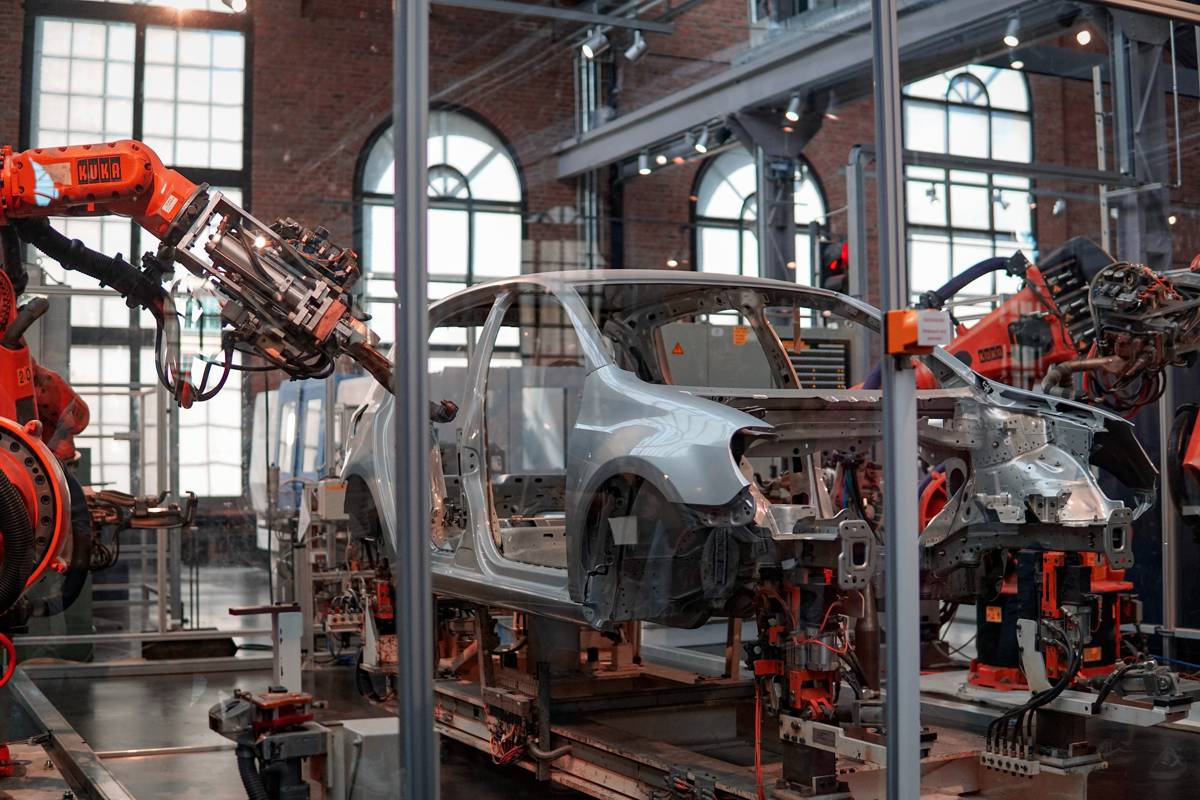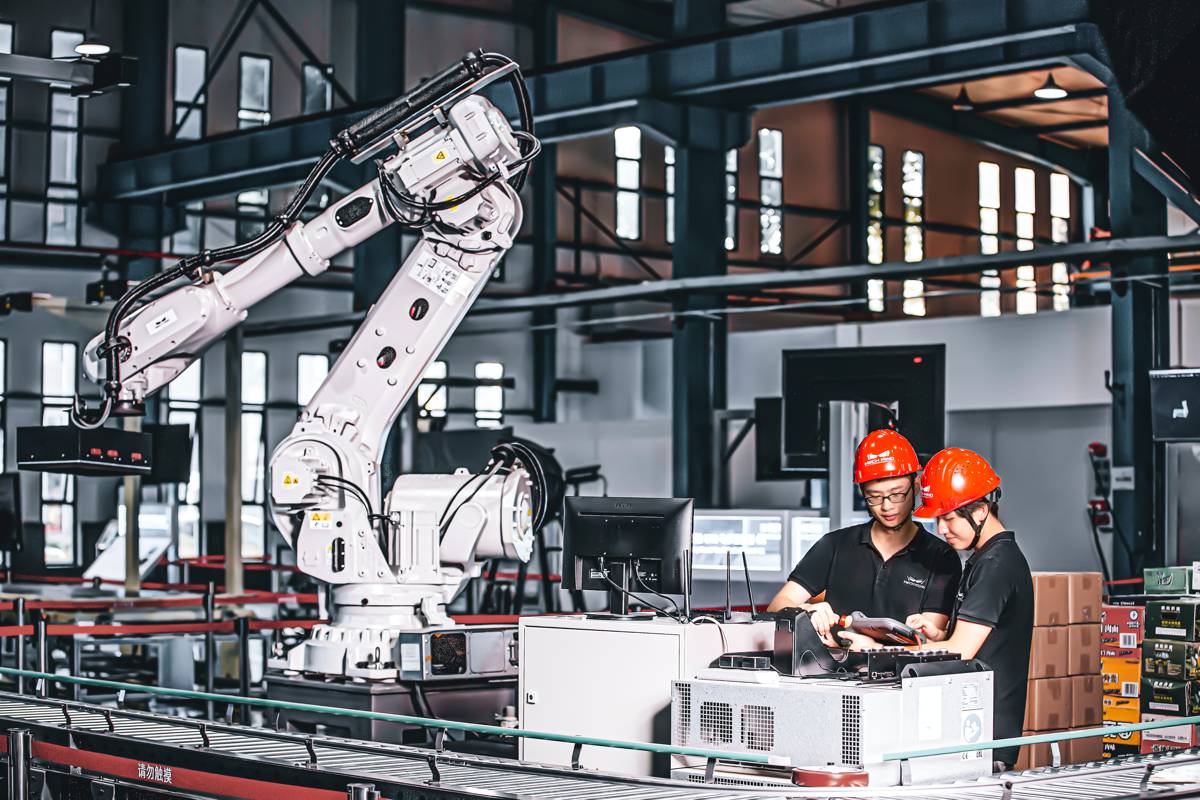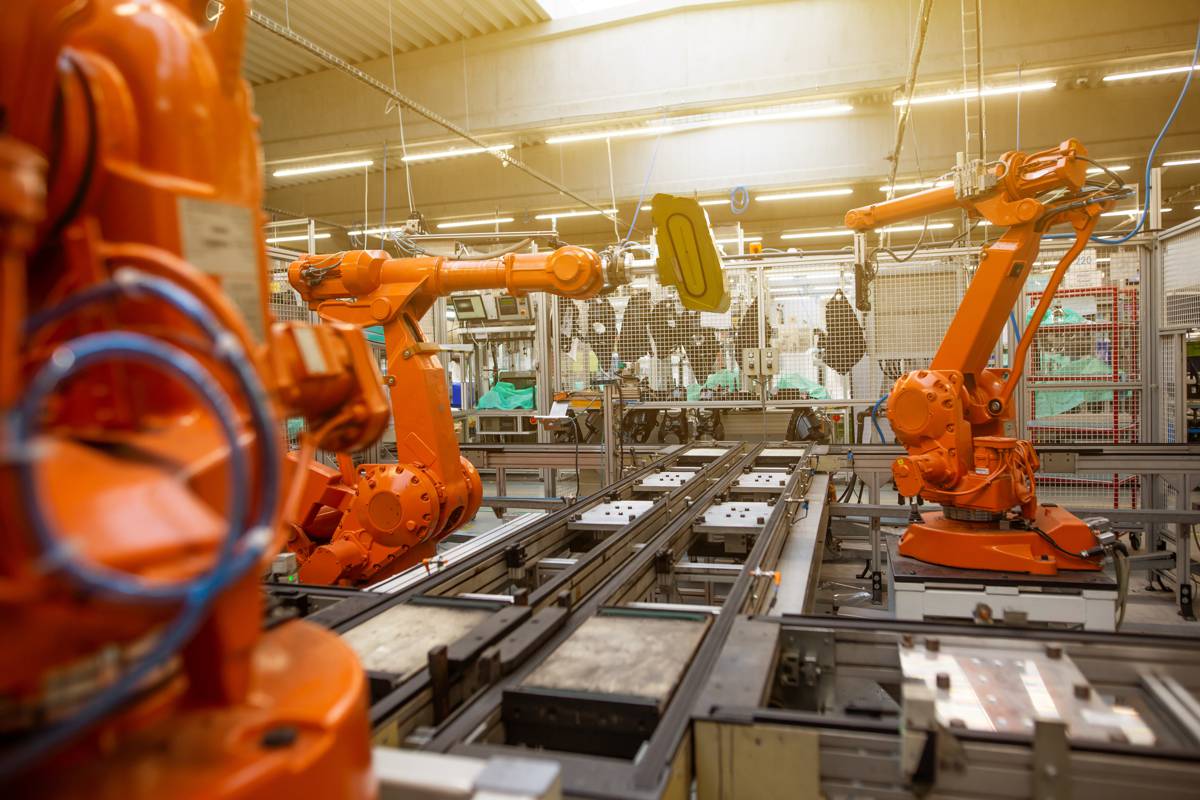Automation in the Manufacturing Supply Chain – Welcome to the future
In broad terms, automation is a term for technology applications with minimal human input. Whereas automation capabilities may have been regarded as science fiction at one point in the past, it is now definitely coming of age, especially in the supply chain realm.
Supply chain automation uses digital technologies to connect applications, streamline processes and enhance efficiencies within supply chain operations in the manufacturing environment. According to a recent report by Deloitte, the automation sector is expanding at a CAGR (Compound Annual Growth Rate) of 40.6% per year and is expected to reach $25.66 billion by 2027.
Adrian Wood, Strategic Business Development & Offer Marketing Director at DELMIA, gives us some very informative and interesting insights into automation’s integral role in the manufacturing supply chain.
There are numerous benefits to supply chain automation, he maintains:
- A connected supply chain supported by automation technologies can free employees from menial, manual and time-consuming tasks.
- Automation can reduce errors associated with manual processes. This, in turn, assists in planning cost control by providing accurate, real-time information on inventory levels.
- Automated digital technology ensures transparency and visibility of operations which is becoming increasingly important to the consumer.
- An automated approach to health and safety ensures regulations are always met, and risk management is improved.
- One of the major advantages of automating a supply chain is the capability to integrate systems with large suppliers enabling a strong foundation that permits more visibility between partners.
- If the response to Covid-19 has taught us anything, it’s to expect the unexpected. Automation boosts an organization’s agility in adapting to changing production and shipping demands.

Supercharging your strategy
According to Adrian, automation can be viewed from a couple of different perspectives.
Firstly, the requirement to automate data collection drives the supply chain planning decisions. Typically, in strategic planning, a lot of information exchanges are done by email and excel spreadsheet, which is both problematic from a timing point of view and an accuracy point of view. DELMIA’s solution to this challenge was to introduce a rapid and streamlined automation process to enable data and collect it. This proved to be a very successful way to drive the decision-making process.
Clever collaboration
Intelligent automation can assist companies in developing a flexible, agile, autonomous, responsive and scalable supply chain. The supply chain is the backbone of business operations. Companies must be fully aware of the various activities in the supply chain to ensure it’s working optimally.
Strategic planning is a collaborative process and automation assists in keeping people accountable for that process. It makes it far easier to follow a best-in-class process if you have an automated workflow which includes a dashboard of activities that enables supplier collaboration. This collaborative approach relies on seamless automation for people to follow along in sequence, ensuring everyone’s viewpoints are included, and the correct data is collected and stored.
Instead of having people enter data manually, which is a laborious process and susceptible to error, DELMIA automated the more intricate components of their data collection, which ensured best-in-class practices and the optimal output of the overall planning process.

Doing away with delays
If your factory is the “heart” of your manufacturing organization, your supply chain is the arteries and veins. Your business’s operational efficiency is dependent on all these components being effectively connected to deliver a reliable service.
Implementing automation in the supply chain process gives DELMIA the ability to “sense and respond”. This is another way to ensure efficiency, streamlining and overall productivity. If you have automated feeds into the planning process and you receive signals from the supply or demand side that require rapid changes based on disruption, automation allows the system to function autonomously. This prevents costly delays.
DELMIA has implemented an automated workflow generator and automated reply based on the demand changes in the system census. This means the data can be collaboratively viewed throughout the entire process and verified by the right people at the right time. This automation solution removes the frustrating delays you may typically get when waiting for people to input data manually.
The times, they are a-changin’
We’re most certainly living in exciting, albeit nerve-wracking times. Between politics and pandemics, manufacturers must think on their feet to keep abreast of the ever-changing lightning-quick developments in consumer trends and technological advancements.
Automation technologies have become super sophisticated. From carefully synchronized planning to customer connection, smart factory practices, intelligent supply methods, digital development, and dynamic delivery – automation is changing how we do business.

Automation for the win
Thus, from both a collaborative/people and data/planning point of view, automation is vital in allowing your system to be easily accessible, up-to-date and accurate. It ultimately allows everyone on the team to follow along in the sequence output through automated feeds into the planning process.














